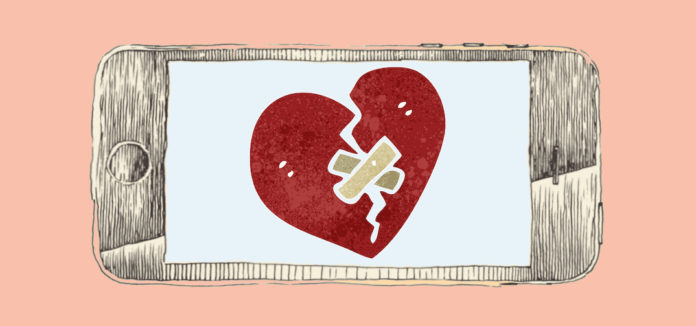I lose my phone at least once a day and end up finding it in a drawer or some stealth pocket of a handbag I didn’t even realize existed. Sometimes it’s right in front of me, mocking me with its steely veneer.
According to research, daily hassles like misplacing one’s phone or keys, getting caught in traffic jams, and seemingly minor arguments with family or colleagues take a toll on mental health in the long run. Although they are not as extreme as serious life events, research shows they affect us even more:
Life events do not occur every day, but daily hassles do; its the constant, daily frustration caused by these hassles that cause us the most stress, because they occur so regularly and therefore can undermine our health.
In other words, the little things can really bring us down and take a toll on our health. How we respond to these seemingly minor daily events is what really counts:
Results suggest that daily stressors cause wear and tear on emotional well-being and…how people experience daily negative affect and respond to the negative events in their lives is important to future well-being.
Here are eight strategies to reduce your daily stress:
1. Resist turning the TV or checking email first thing in the morning and before bed.
2. Read the Skimm instead of watching TV for a great overview of the news.
3. Meditate: just five minutes a day helps.
4. Designate a place where keys and cellphones live.
5. Spend time in nature or at least outdoors
6. Take the stairs.
7. Avoid eating at your desk.
8. Give yourself 15 minutes of grace time to arrive at your destination.
For the politically minded, 44% of those who experience a great deal of stress say hearing about politics makes it worse. Clearly we are going to need all the help we can get as we gear up for the 2020 elections.
I wish you all the best,
Dr. Samantha Boardman







